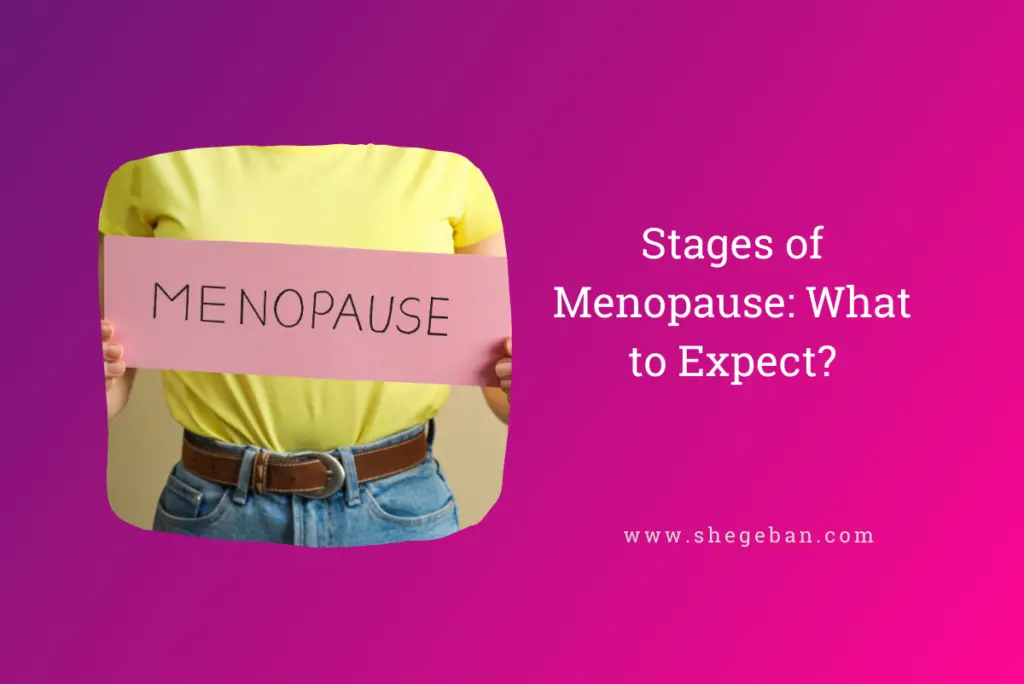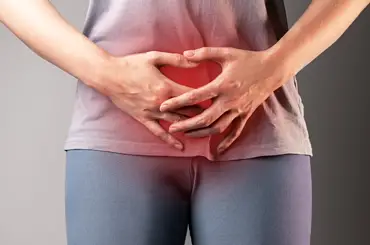Menopause is an inevitable part of a woman’s life. Sooner or later, your body will stop producing eggs, and you will lose the ability to conceive a child.
Surprisingly, this huge change creeps up slowly. It may take 7 to 14 years for your body to finally put an end to the production. And during this period, you will face a new set of health challenges like insomnia, joint ache, and hot flashes.
While many women take menopause vitamins to feel better, it’s important that you know the stages of menopause and what to expect in each stage. This knowledge can help you identify your bodily needs better and live a happy life. Read more!
Perimenopause
The word Peri means about or around. So, perimenopause is basically the stage that leads to menopause. It will last for 1 to 7 years.
During this stage, the estrogen levels fluctuate wildly in your body. This causes your periods to become irregular. You will menstruate for a few months, there will be a short or long pause, and vice versa.
There will be no pattern, and you won’t be able to predict the date of your periods. You may also experience the following symptoms:
- Hot flashes
- Sleep disturbances
- Intense mood swings
- Vaginal dryness
Since estrogen affects several other parts of your body, you may also notice a change in your skin, hair quality, and weight.
When do you experience perimenopause?
Typically, women enter this stage in their late 30s or early 40s. But, you may experience it earlier if you have had:
- Premature Ovarian Failure
- Oophorectomy
- Hysterectomy
Please note that you’re still producing eggs in the perimenopause stage. So, it’s completely normal to conceive a child.
Menopause
Menopause is the main stage where you stop having your periods permanently. This means the estrogen levels have dropped significantly, and the ovaries have stopped producing eggs. So, you are no longer fertile.
Usually, the symptoms of menopause are the same as perimenopause. You will experience hot flashes, mood swings, joint pain, insomnia, weight gain, and all the other symptoms – but with more severity.
Also, you won’t have periods at all. If you have completed 12 months without menstruation, you will be considered to be in your menopausal stage. This will last for a day, and then you will enter the last stage – post-menopause.
When do you experience menopause?
Most people enter menopause in their mid-40s or early 50s. Some may even experience it in the early 60s. However, if someone has a very poor diet or lifestyle, they may have premature menopause (before 40).
Post Menopause
Post-menopause begins when a year has passed since your last menstrual cycle. This stage is relatively peaceful and easy because estrogen levels drop to their lowest. Your body won’t experience those intense symptoms of menopause.
You will have mental clarity, stable moods, and a better life. However, sometimes, you may experience a light hot flash, irritability, or any other symptom. Don’t panic because they will go away on their own, and your period won’t return ever.
But don’t be careless about your health. Post-menopause makes you susceptible to heart disease and osteoporosis. The risk of other diseases also increases since you have now entered your old age.
Last Words
I know it sounds kind of unfair for women. First, you spend half of your life suffering from painful cramps and PMS. Then, you spend the latter half of your life suffering from menopause symptoms.
But trust me when I say you can get the suffering part out of your life and live as a happy woman. All you have to do is take care of your diet, improve your lifestyle, and get rid of the stress factors. In short, prioritize yourself!






